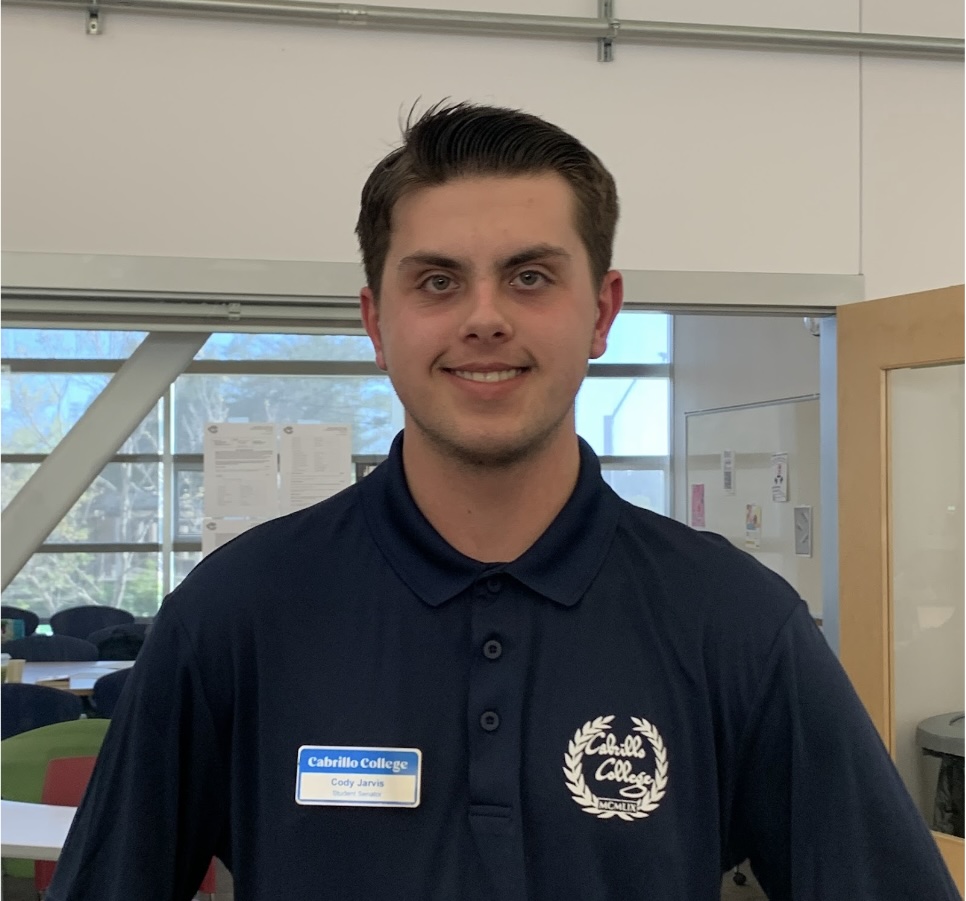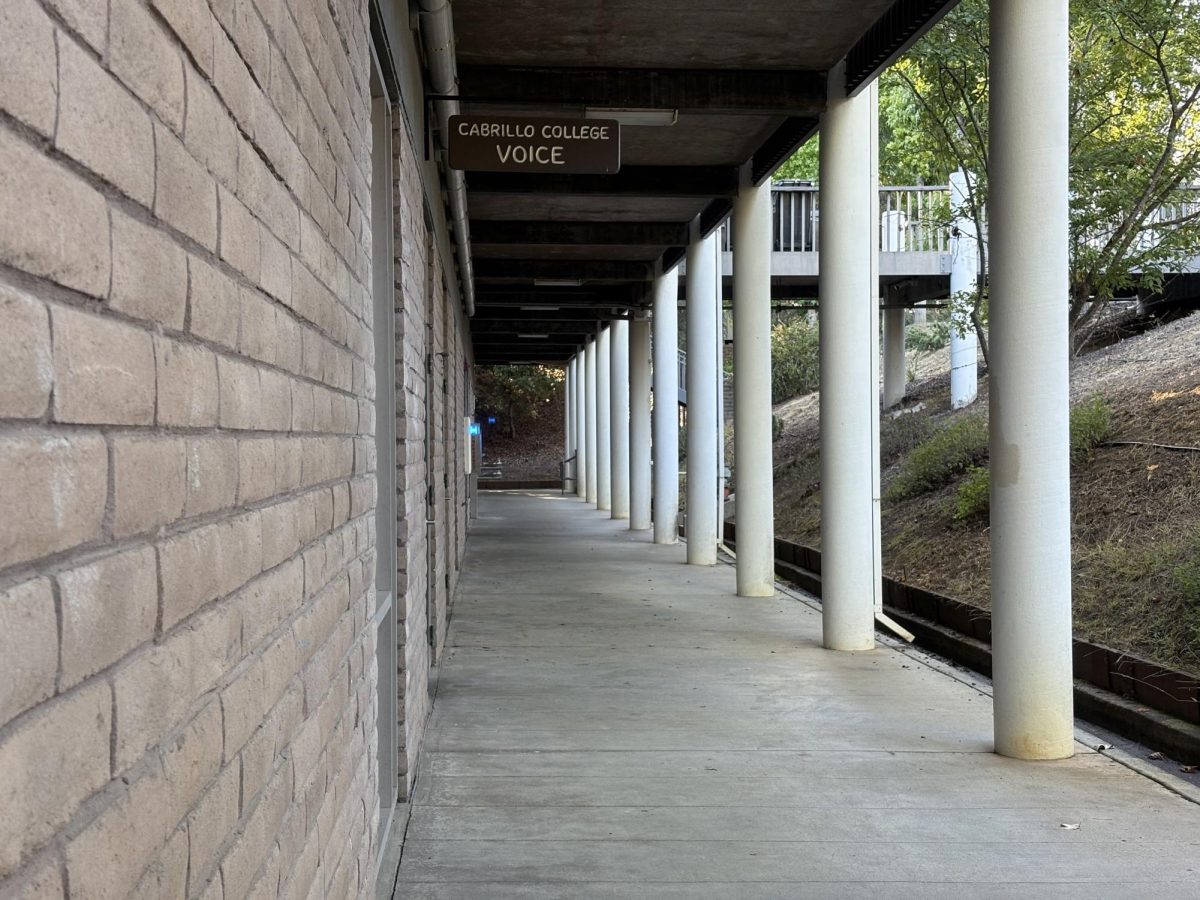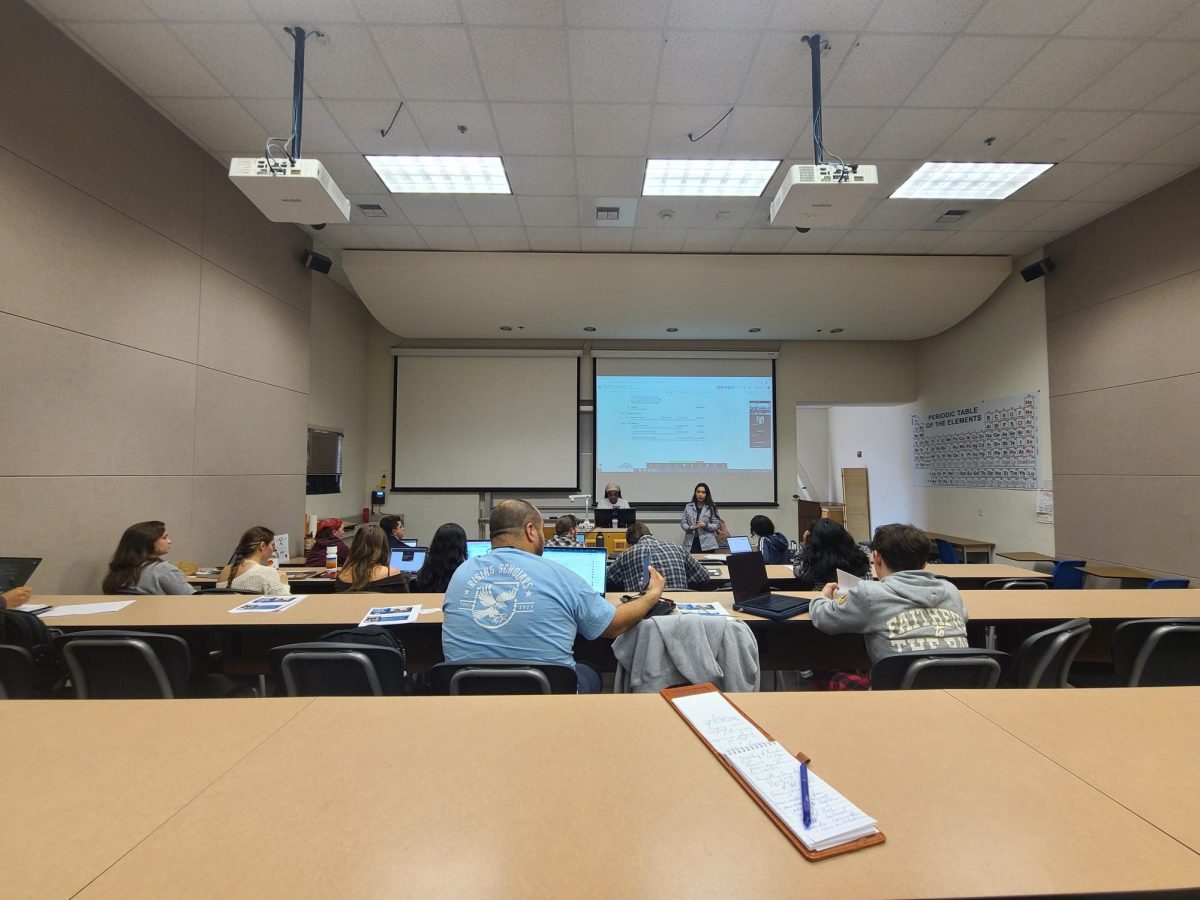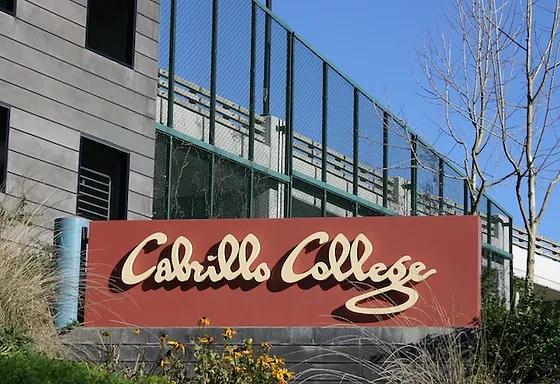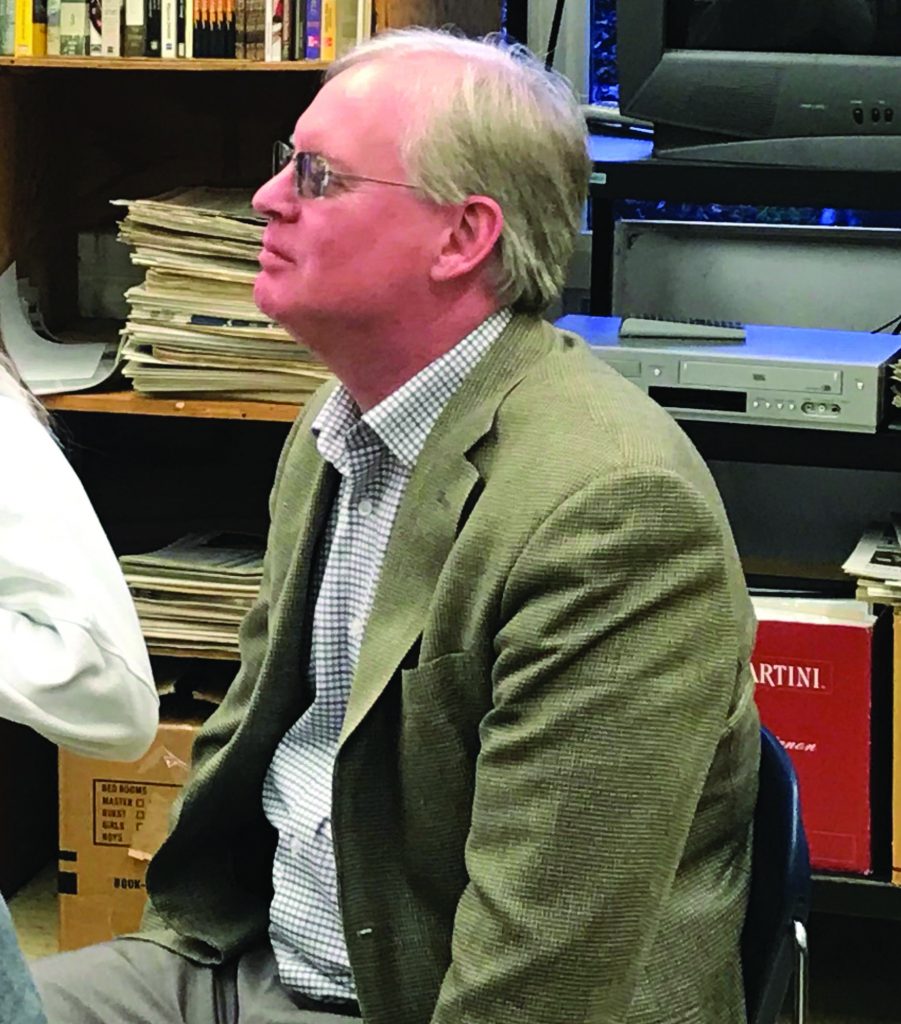Associated Students of Cabrillo College elections are nearing as new campus leaders eye positions for the student senate.
Positions range from president, which is the face of the ASCC and represents the campus at all student senate functions, treasurer, public relations and 12 open seats for senator-at-large — these student representative vote on behalf of student interests. Elections will start May 1, with new candidates looking to influence policies, improve campus clubs and events and provide a voice for Cabrillo College.
“A good candidate for student senate is a student who wants to represent all students rather than personal desires,” said Denisa Rozsypalova, current president. “Additionally, a good candidate promotes inclusivity, represents our diverse student population and actively engages with students.”
The student senate has existed for 32 years, but since the pandemic it’s had a slow comeback. Of the changes Rozsypalova and senate advisor Alta Cilicia Northcutt viewed during their time on the senate last year, they reported increased participation, visibility and diversity across the school. Since Rozsypalova joined in Fall 2022 following disorganization from the pandemic, the senate only held 9 members. Today, that number has grown to 12.
In an email that Rozsypalova and Northcutt worked together on, they reflected on the senate’s goals moving forward.
“Current student senators consists of international students, justice-impacted students, first-generation students and student athletes,” Rozsypalova said. “This diversity enriched our discussions, ensured a wide variety of opinions and ideas which I think is very important for representing Cabrillo student voices at college wide conversations.”
Rozsypalova and Northcutt said it was exciting to hold events again after the pandemic, since they were long-absent. While 20 students typically apply for positions on the senate, Rozsypalova said it’s important to note that a student senator must meet many qualifications in order to serve. Beyond basic qualifications such as holding a 2.0 GPA, attending scheduled meetings and maintaining a minimum of 5 units during time of office, there is a long-running list of qualifications online.
“It is important that the candidate is accountable, willing to collaborate with others, dedicated, empathetic, and has a passion for helping others,” Rozsypalova said.
Cody Jarvis, 19, current member of student senate, said an important quality is to be, “somebody who has the will to serve their community. When there’s a will, there’s a way. To vote on behalf of this college on policies we’re going to lobby for, it’s pretty powerful.”
For the 2023-2024 election, 70 legitimate voting ballots were filed. Rozsypalova and Northcutt said it’s difficult to say how many people will vote this year, but their estimate is 150 ballots. To try and increase this number, fliers, posters and word-of-mouth are used by candidates to encourage students to apply and vote, they said.
Jarvis is a first-year student at Cabrillo who joined the senate in September 2023. He’s a business major who is hoping to switch to political science. He is a legislative representative for both the Cabrillo senate and of Region 4 for community colleges in California. He takes lobbying stances for Cabrillo, Region 4 and wider California.
“[For Cabrillo] we take lobbying stances sometimes on bills. We influence some of the policies here, like with the Cabrillo name change,” Jarvis said. “Plus we host all of the events, like the Spring Carnival which was a success. We give money to the clubs and we oversee the clubs.”
Jarvis said Cabrillo’s senate is much more relaxed than the state-wide college senate, because there is rarely drama amongst senators and any disagreements are handled professionally. But in the state-wide senate, he said there are “fights every other week about nepotism and wasting student funds.”
But it’s not always smooth sailing at Cabrillo — Jarvis said they recently had to get rid of regional affairs director David Orta on various violations of the Brown Act. As far as the upcoming election at Cabrillo goes, Jarvis believes there is an increase in engagement.
A word of advice from Jarvis for students hoping to apply for senate is to, “be yourself.”
Jarvis, Rozsypalova and Northcutt don’t worry about rigging occurring in the election. There’s various rules set in place for campaigners in order to avoid ballot fraud. One such rule is that a student who works on campus may not campaign at their job. In the event of voting corruption, Jarvis believes the elections committee would work together on a solution, such as a re-vote.
Students may vote online starting April 29 – May 3.

